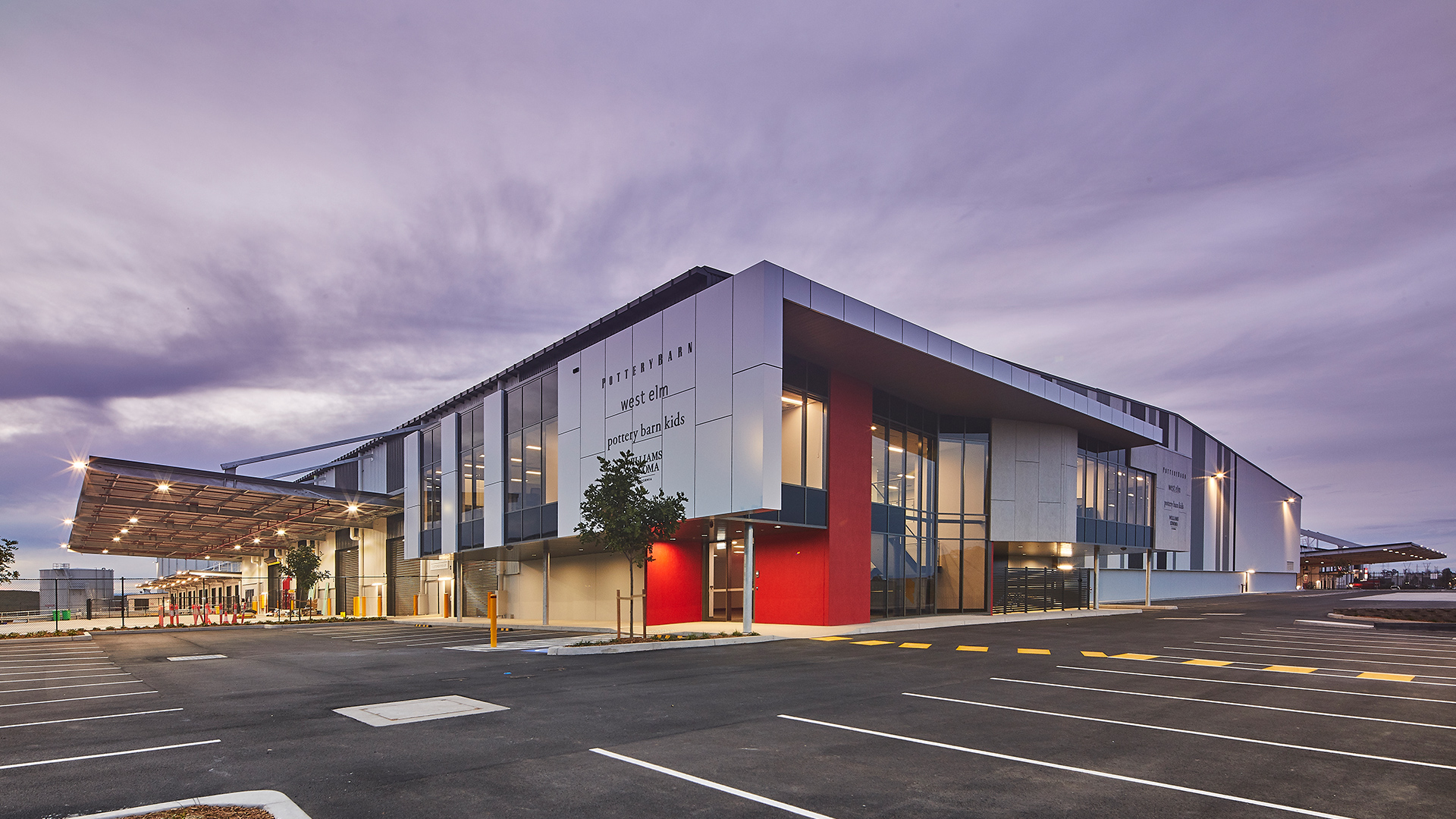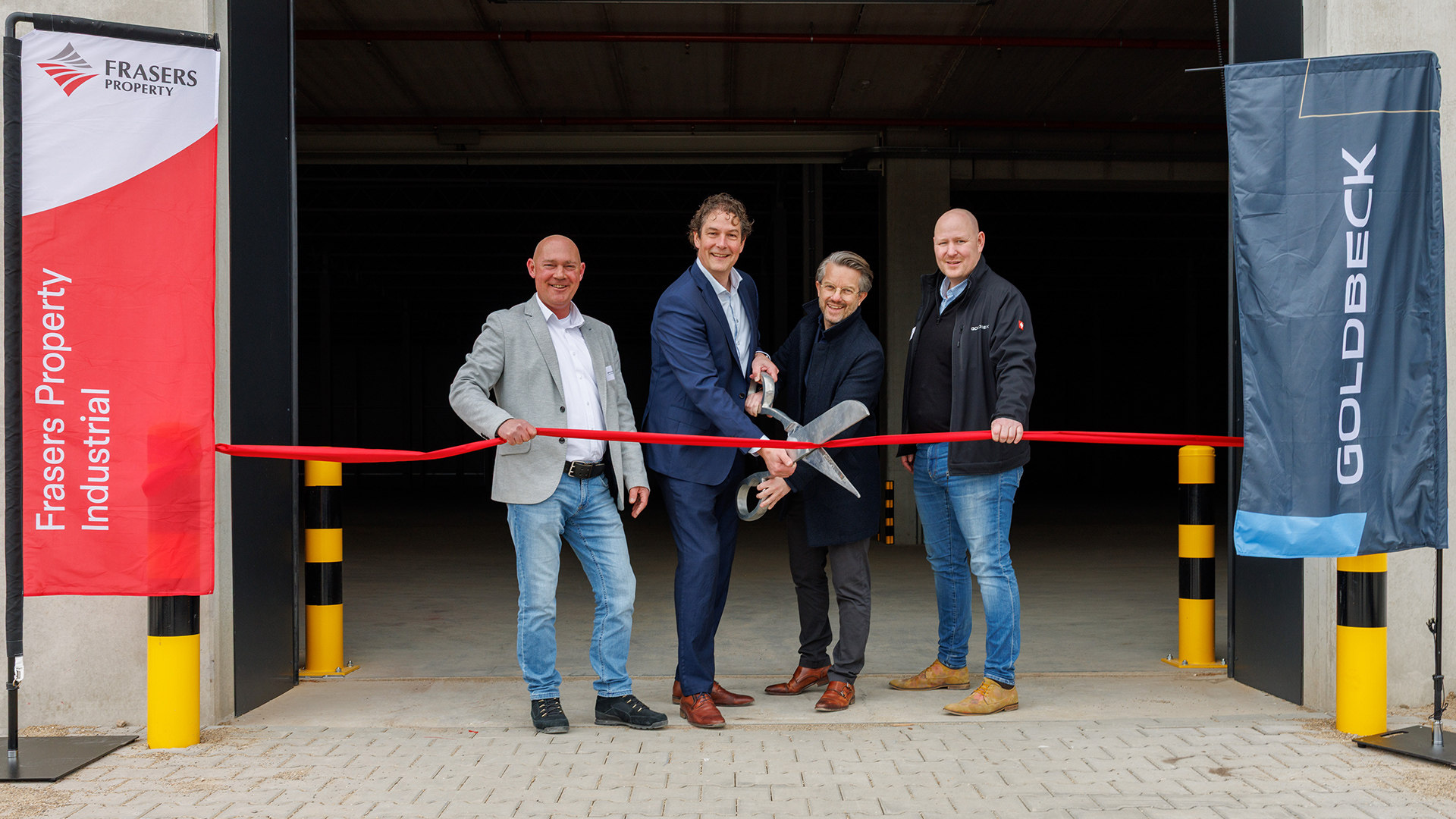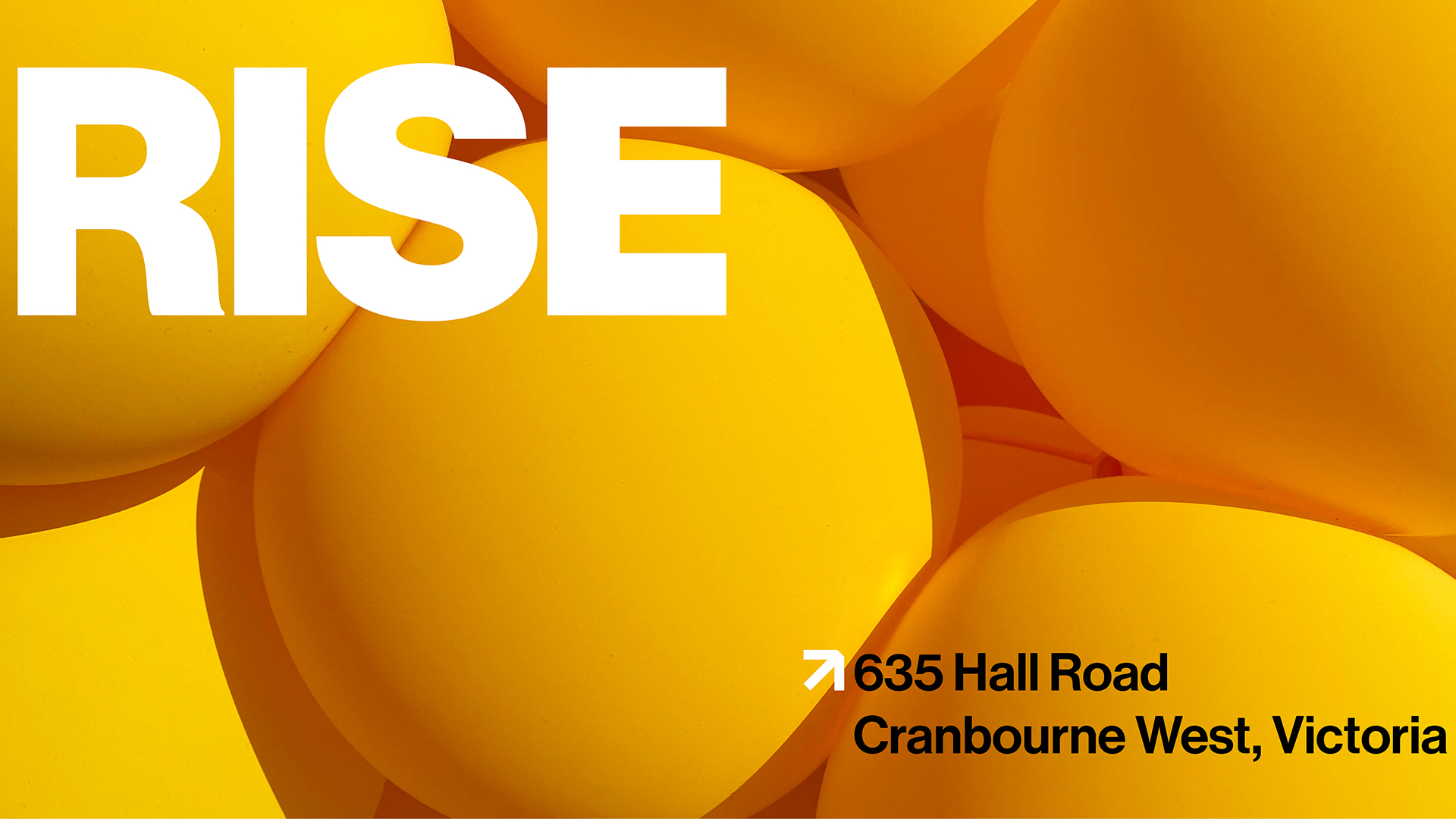Building by Example, our interview with Qantas
1 Febuary 2023
Related News

Frasers Property Industrial establishes new capital partnership in Australia
Frasers Property Industrial has today announced its first capital partnership in Australia with an investment vehicle sponsored by Morgan Stanley Real Estate Investing (“MSREI”).

Flagship project The Tube reaches completion in Düsseldorf, Germany
Frasers Property Industrial officially opens The Tube in Düsseldorf-Reisholz with 100 guests in attendance including the City of Düsseldorf Economic Development Agency.

State-of-the-art logistics park The Anchor completed in the Netherlands
Frasers Property Industrial has completed construction of The Anchor, a logistics park at Minervaweg 10 in Lelystad, the Netherlands, consisting of two units with a total lettable area of 36,402 sqm.

Construction begins at new industrial and commercial park in Günzburg, Germany
Frasers Property Industrial begins construction of new industrial and commercial park in Günzburg, Germany with three new buildings spanning a total lettable area of 49,206 sqm to be constructed.

Introducing RISE, our newest premium industrial estate in Melbourne
Introducing RISE, our newest premium industrial estate in Melbourne, brought to life through our joint venture with ESR Australia & NZ.

